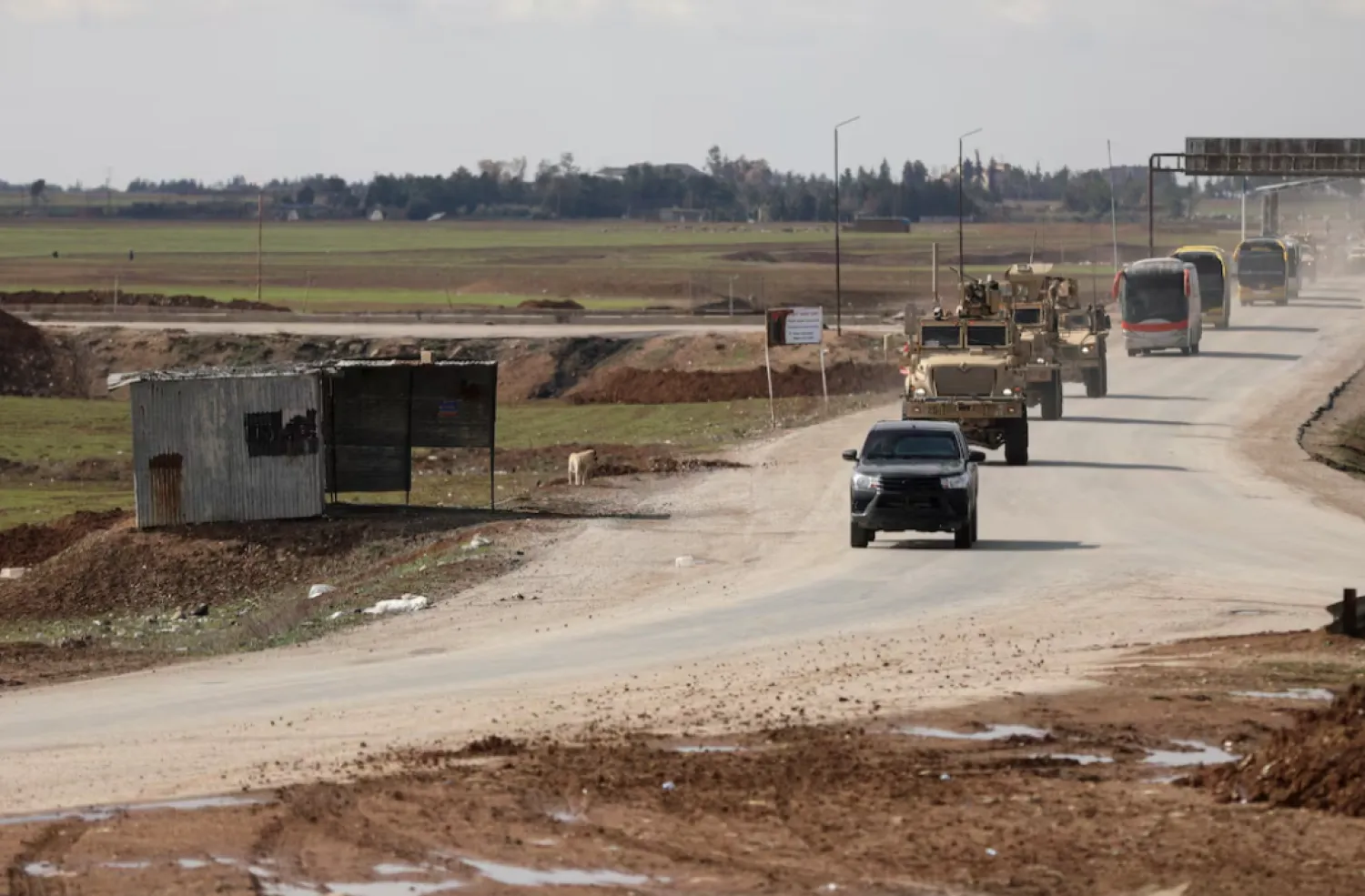Ambassadors of Arab countries in Khartoum called for deepening Arab-Chinese relations, stressing the mutual strategic interests between Arab countries and Beijing and the importance of pushing them to the highest level of comprehensive cooperation.
Khartoum hosted on Wednesday a forum on the "Arab-Chinese Summit: Current Challenges and Future Prospects" ahead of the three summits in Riyadh.
Saudi Arabia will host the Saudi-Chinese, GCC-Chinese, and Arab-Chinese summits with the participation of 30 leaders of countries and international organizations.
The Moroccan ambassador to Sudan, Mohamed Maa el-Enein, said that the Arab countries view China as an attractive and active economic hub, expecting a qualitative shift in relations and an increase in trade exchange during the next two decades.
Maa el-Enein asserted that Arab countries must boost relations with emerging powers.
The ambassador said that trade exchange between the Arab countries and China amounted to about $320 billion during 2021, describing it as an encouraging indicator for developing these ties.
The Secretary-General of the Association of Arab-Chinese Friendship Societies, Ali Yousif, said that Riyadh would be hosting the Arab-Chinese summit amid historical and exceptional circumstances, namely the Russian-Ukrainian war, which poses a threat to global security and safety.
He reiterated the summit's importance, calling on Arab and Chinese leaders to put the Arab and Chinese peoples at the forefront of their discussions.
For his part, the head of the Asian Department of the Sudanese Ministry of Foreign Affairs, Ambassador Mohamed Abdullah, said that Arab countries developed a shared vision from a strategic perspective with China.
Abdullah noted that the Arab states want to develop ties to higher levels of comprehensive multi-dimensional and multi-level cooperation.
He called for boosting mutual strategic trust and maintaining common interests based on declared principles of mutual benefit.
Arab countries are cooperating with China to maintain standard security and sustainable collaboration, said the official, adding that they are pushing for the implementation of the global security initiative and reaching just solutions to the issues of the Arab region.
The meeting included the Chinese ambassador, Ma Xinmin, the ambassadors of Morocco, Yemen, Palestine, and Oman, the Qatari charge d'affaires, officials of the Sudanese Foreign Ministry, representatives of diplomatic missions, and members of the diplomatic corps of Arab countries.
The meeting addressed regional and international developments, economic cooperation, and investments between Arab countries and China.
They also discussed the Belt and Road Initiative launched by China to improve interdependence and cooperation on a large scale that extends across continents and its role in developing Arab and Chinese relations.









